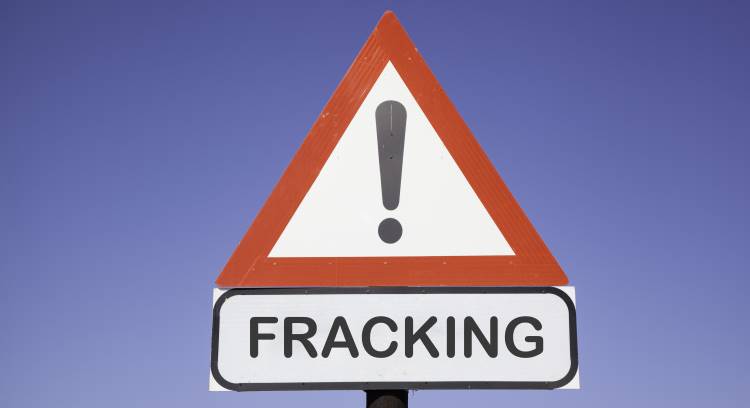‘De Facto Ban’ on Shale Gas Projects to Be Challenged

Having had to withdraw its application for two wells in Lancashire, Aurora Energy Resources has pledged to resist the ‘ban’ on shale gas projects.
The Aberdeen-based outfit cited the government’s ‘de facto ban on shale gas’ projects as the reason for dropping its fracking application for Altcar Moss in west Lancashire.
The company has revived the industry dispute with the government over it’s decision to end the use of fracking in England late last year. The Scottish government made a similar ban on fracking in 2017, which was extended again in 2019.
Managing director of Aurora, Ian Roche, called Lancashire council officers’ inability to reach a decision on their application as ‘unsurprising’. Aurora had submitted its application many months before the fracking moratorium was imposed in November last year.
Following a series of earth tremors in Lancashire, the government announced that it would not approve any future fracking in the country ‘until compelling new evidence is provided’ to show that fracking was safe.
Hydraulic fracturing, commonly known as fracking, is the fracturing of shale rock in order to access oil and gas that is trapped underground. The fracturing is achieved by pumping a mixture of chemicals, water, and sand underground, all at very high pressures.
Roche said that his company is seeking to ‘address this issue’ with the Department of Business, Energy and Industrial Strategy.
“It is clear from recent comments by the minister of state for energy that the government considers the ‘moratorium’ on hydraulic fracturing to be a de facto ban on shale gas activity in the UK. It is therefore perhaps unsurprising that the council officers have felt unable to determine this application,” he said.
“It is our view that there is no scientific or public policy justification for the current ‘moratorium’ and Aurora has compiled a body of compelling evidence showing it to be an extreme example of asymmetric regulation, and out of line with the regulation of public amenity impacts across other industries,” Roche added.
Green groups welcomed the de facto ban when it was announced last year, describing it as a watershed moment for those who have been campaigning against the practice in the UK for many years.
The government are yet to comment on the issue.
Read on our blog

With the government poised to implement tough new measures to...

Budget broadband provider TalkTalk has been notifying customers via email...

A year-long investigation by charity Citizens Advice has revealed a...

Education Secretary Nadhim Zahawi has announced a new commitment to...
